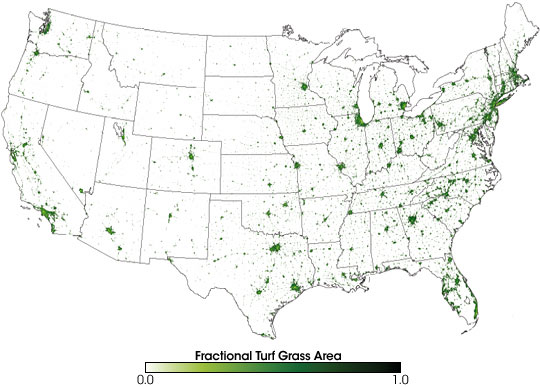Uploaded on Jul 18, 2007
David Holmgren is co-originator (with Bill Mollison) of the permaculture concept and author of the recent book, PERMACULTURE: Principles and Pathways Beyond Sustainability. He talks about the need to move beyond the lulling hope that 'green tech' breakthroughs will allow world-wide 'sustainable consumption' to the recognition that dwindling oil supplies inevitably mean a mandatory 'energy descent' for human civilization across the planet. He argues that permaculture principles provide the best guide to a peaceful societal 'powering down."
http://www.youtube.com/watch?v=OFjFG24BeX8
It was interesting to watch this from a 6 year later perspective. So far he seems right on track. I was also taken by how close some of his thoughts are to our own Pops. Holmgren believes as we continue on an energy decent cooperation, reducing long food chain links, and limiting mobility will prove to be much more relevant than the systems in place today. His basic precept is today's systems work well with continual increases in energy, but are not effective in an energy declining environment. He proposes permaculture as a way to help ease the transition and even provide for a comfortable, yet different lifestyle.
Personally, I was a LOT more doomerish before I became a permaculturist. Permaculture offers a way around the upcoming collapse (hopefully a slow one) on an individual level. The science is there, and it works. It can also be implemented without government assistance, and without directly competing with the present system.
A Permaculturist's dream would be to obtain a piece of marginal or degraded land to restore. Observe it for a year while designing the site. Then bring in the earth moving equipment to build the infrastructure to: Capture the site energies (gravity, solar, wind etc.), slow down water so it replenishes the water table, increase efficiencies, build soil, minimize future work, and eliminate waste. If done correctly the site could provide your energy, shelter, income, food, medicine, clothing, a very healthy living environment, and an example for others to use. In addition, these benefits will continue for hundreds if not thousands of years all because of the initial investment in the infrastructure combined with good design.
What really blows my mind, is pretty much anyone can learn, and have the confidence to do this, anywhere in the world, with only 72 hours of instruction and the right motivation. It's sort of like the course puts the framework on your mind, just as the permaculturist builds a framework on the land. With this framework you have the ethics, the principles, and knowledge of energy capture, water flows, climate, topographies etc. From that framework you have the ability to continue to expand and more importantly use this knowledge.
Permaculture by its very nature cannot be political or religious (although some keep trying to make it that way). You can have your beliefs, but that is not part of permaculture. I think that is why it is attractive to both the right and left, the preppers, the environmentalists, libertarians, wickens, heathens, anarchists etc etc.
I plan to use this thread to post examples of successful powerdown taking place right now, along with some of the ways we will take over the world bwahahahah......











